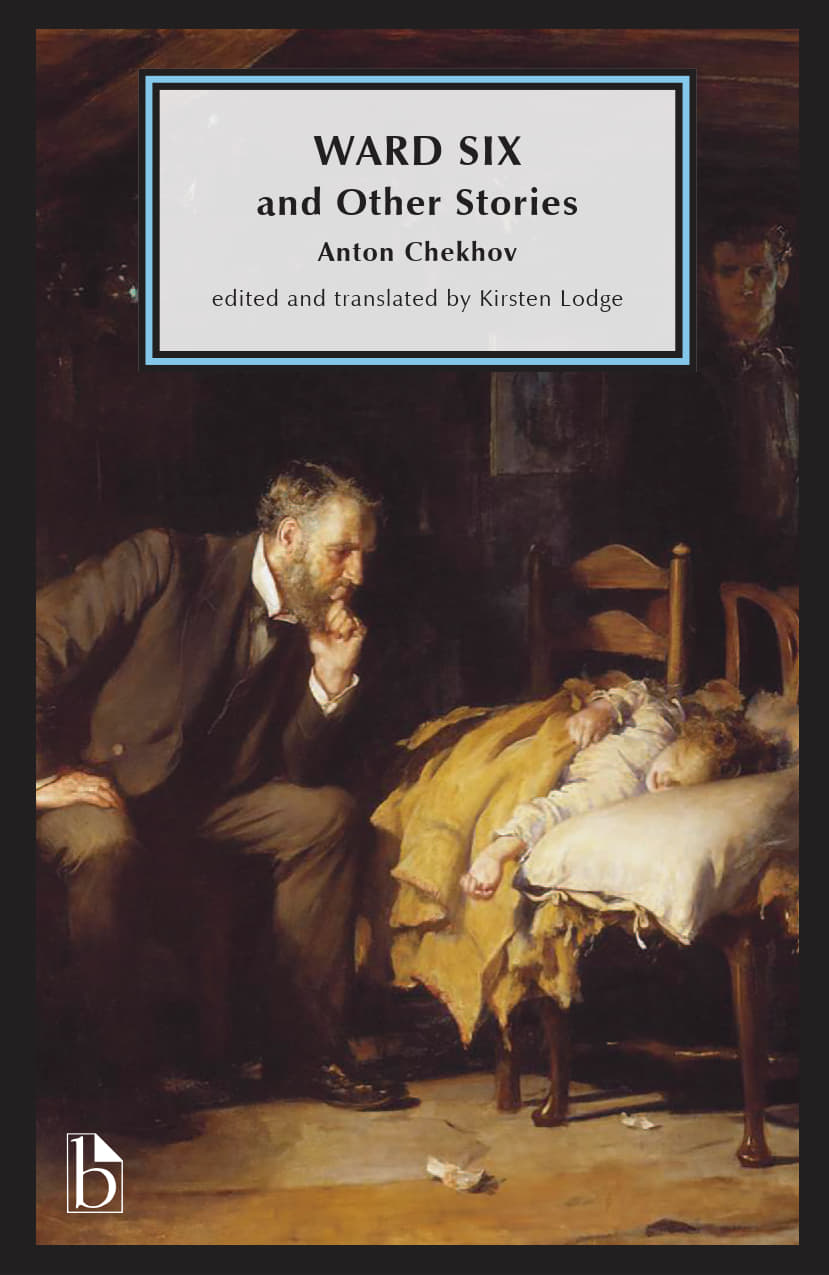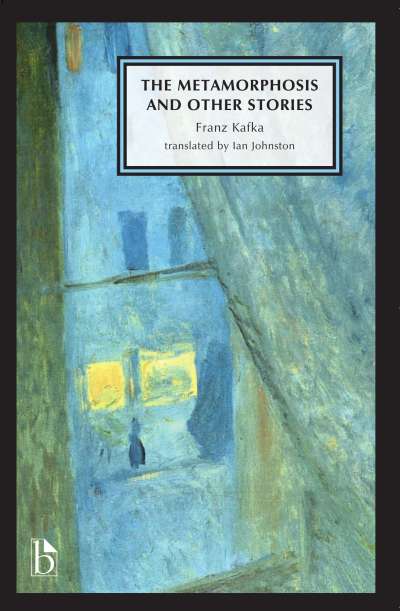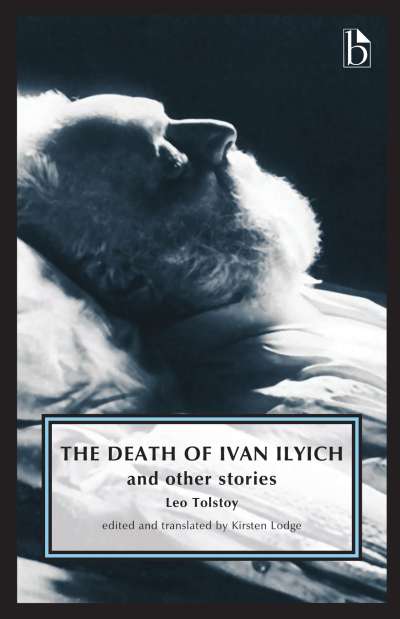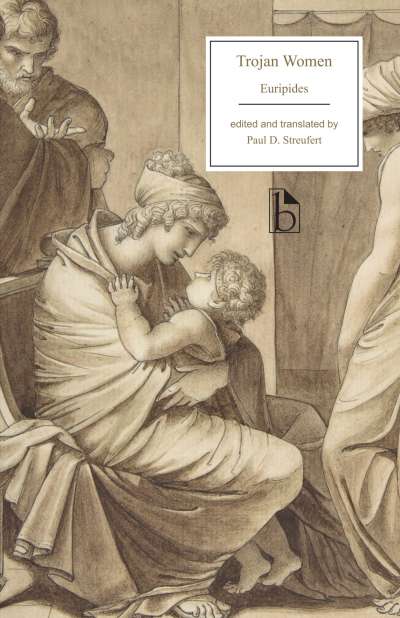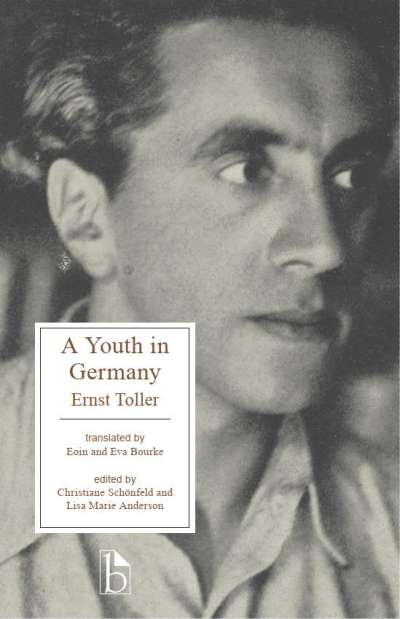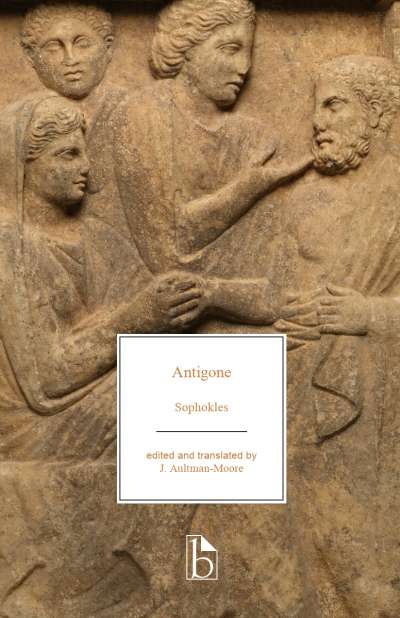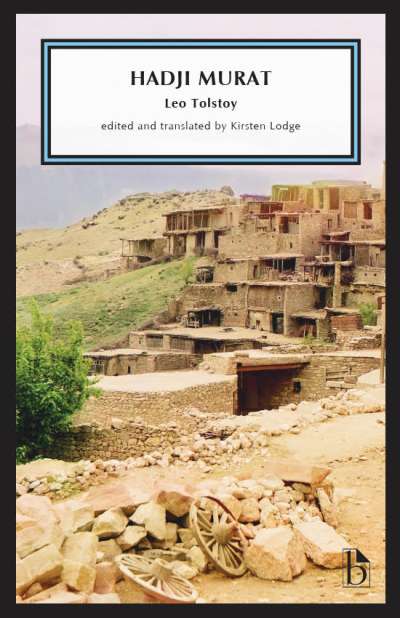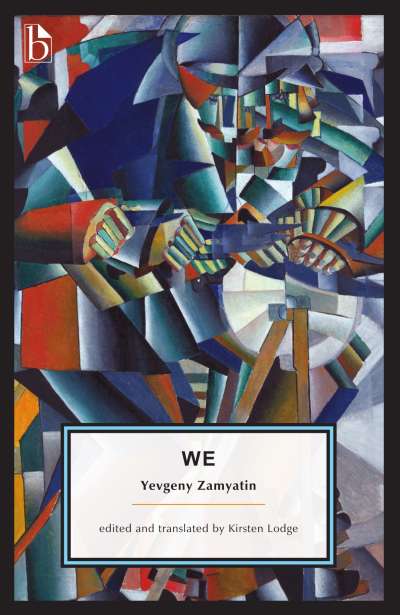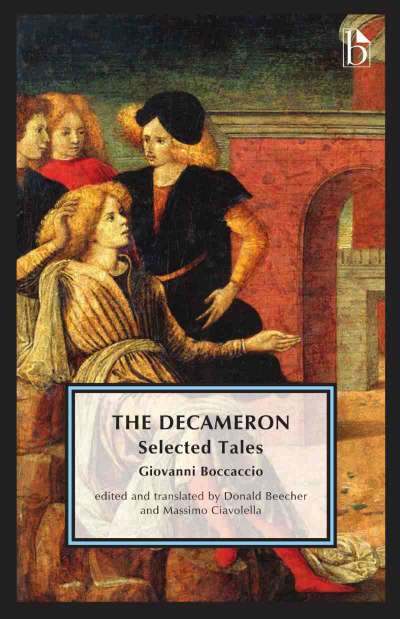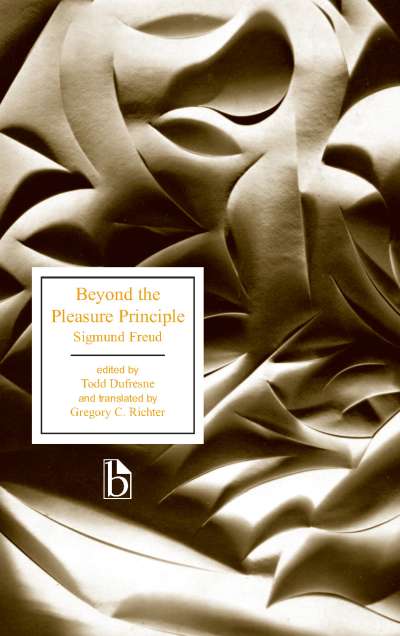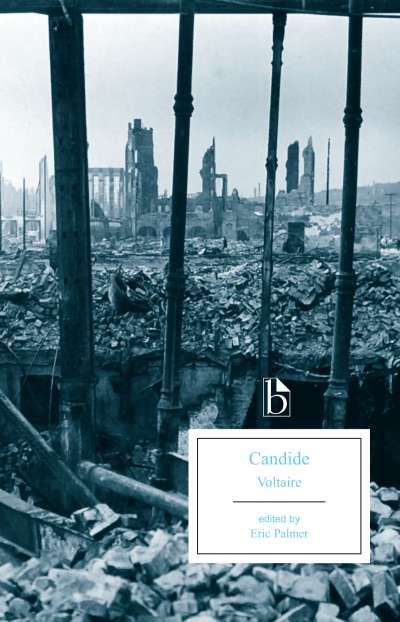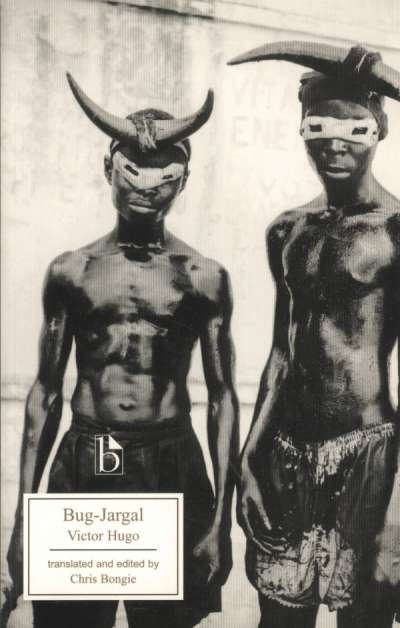This edition brings together seven medically-themed short stories by Anton Chekhov—a practicing physician as well as an accomplished writer who thought deeply about the relationship between literature and medicine. Each story has been freshly translated and includes explanatory footnotes to aid interpretation. The edition also features an introduction on Chekhov’s life and times and a selection of contextual materials—most of them also freshly translated—that includes examples of Chekhov’s thinking, as articulated in his letters and autobiography, about literature and medicine; critical responses to Chekhov’s writing by some of his contemporaries; and excerpts from the memoirs of another late nineteenth-century Russian physician.
Comments
“Deftly translated by Kirsten Lodge, this well-honed collection of Chekhov’s medical fiction illuminates key issues in the health humanities for a new generation of readers, be they practitioners, current or future patients, or some combination thereof. Lodge’s valuable introductory essay, which grounds Chekhov’s fiction and philosophy in the larger context of physicians’ development as a professional and social class in the Russian Empire in the late nineteenth and early twentieth centuries, in tandem with excerpts of critical responses by contemporary thinkers, including fellow doctor-writer Vikenty Veresayev, provide crucial insight into Chekhov’s medical morality. Against the background of today’s polarized and politicized labyrinth of healthcare, Chekhov’s core message of compassionate medicine as ethical imperative could not be more timely.” — Melissa Miller, Colby College
“Kirsten Lodge’s excellent translations of Chekhov’s stories about medicine serve as a guide to the world of Chekhov the writer and Chekhov the doctor. As an intelligent and thoughtful bonus, Lodge translates background material on scientific, historical, literary, and cultural issues that are relevant to a broader understanding of the stories.” — Ellen Chances, Princeton University
“This is the Chekhov volume we have all been waiting for. In an elegant, austere, intimate translation, Kirsten Lodge illuminates new, unexpected valences of Chekhov’s medical fictions. Lodge has judiciously selected the best of Chekhov’s medical stories with a keen eye to the urgent ethical concerns of health providers—in both his day and ours. The supporting materials are perfect for the classroom, both succinct and effective in situating Chekhov’s life, letters, and medical practice in the wider context of his world. Supremely exciting, the volume will be an invaluable addition to the medical humanities bookshelf.” — Arden Hegele, Columbia University

